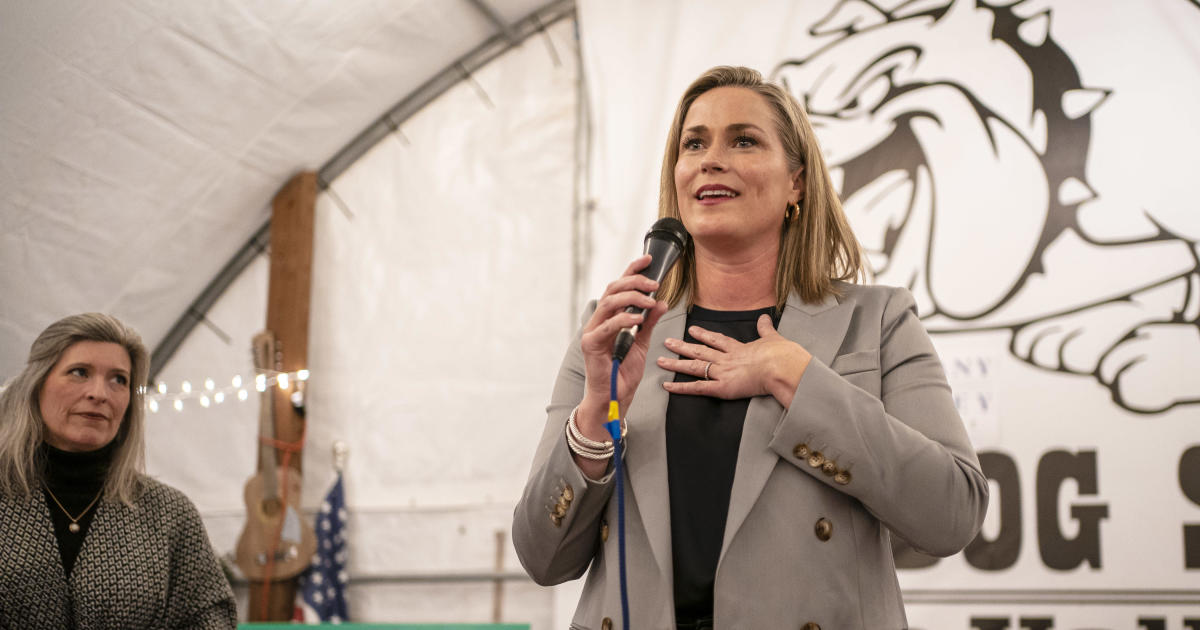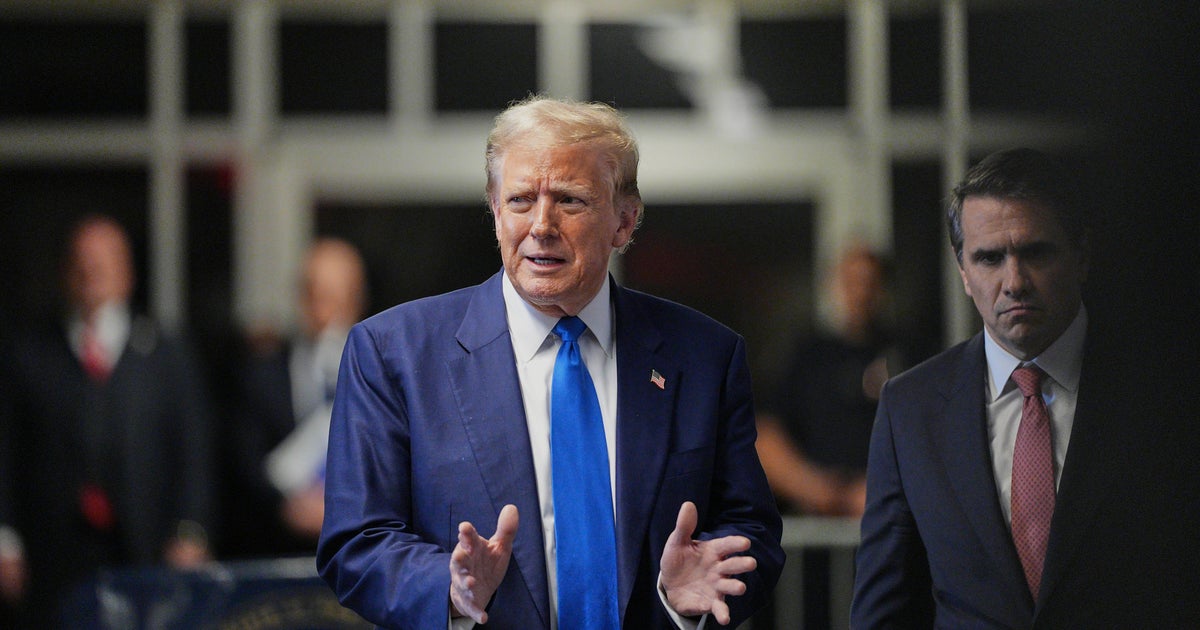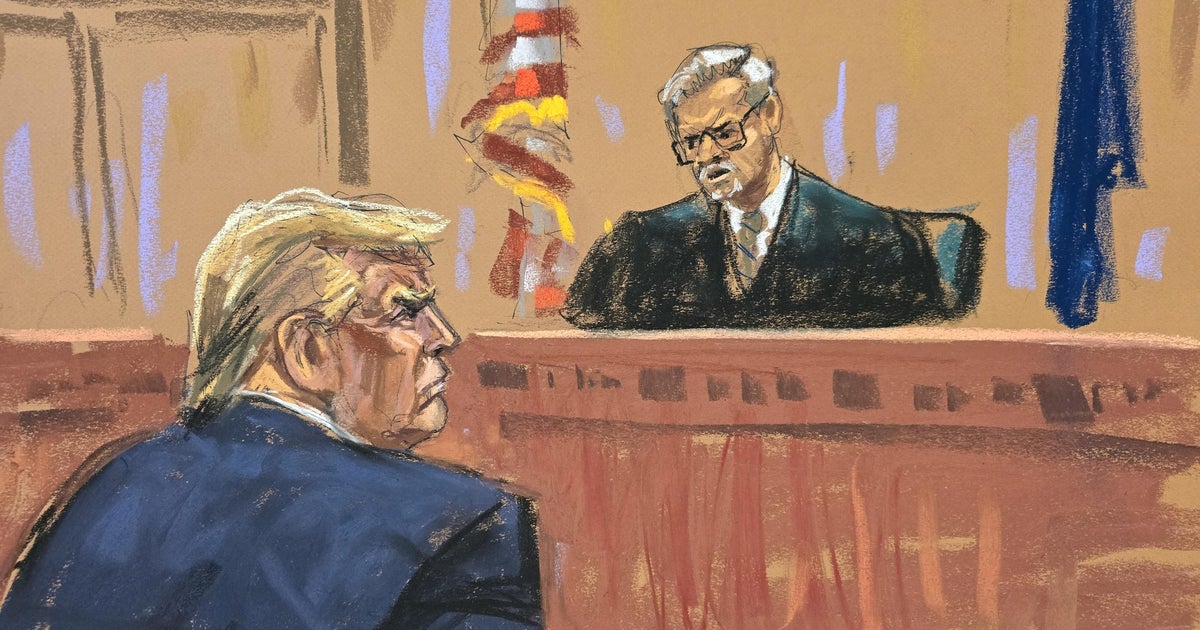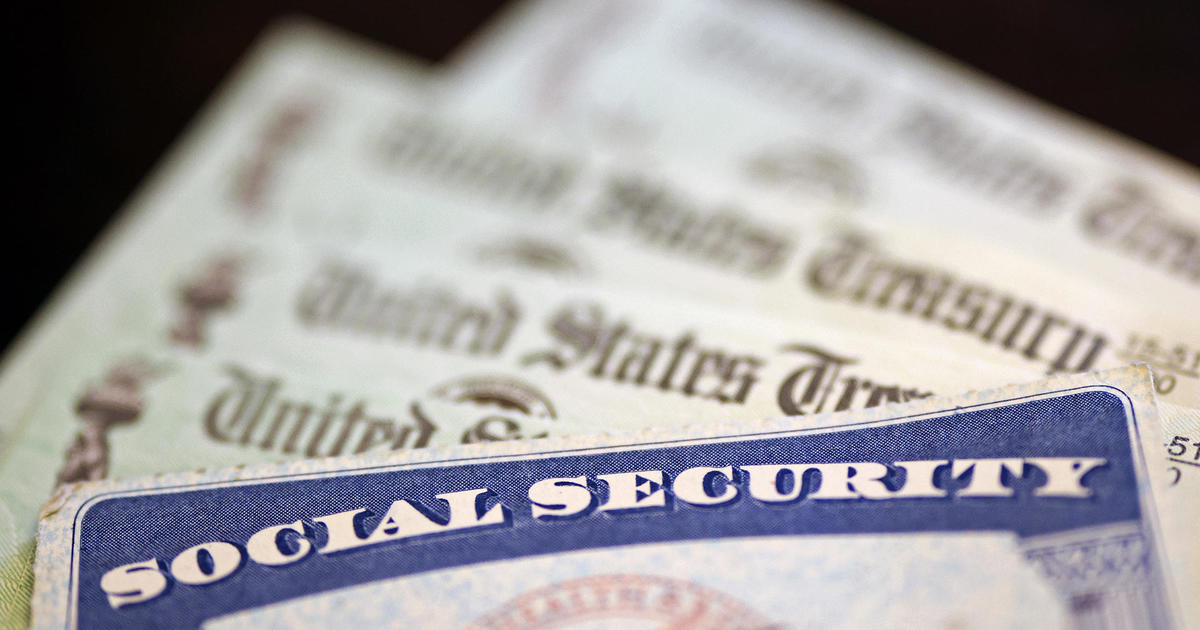Trump's infrastructure plan is missing some nuts and bolts
In a speech in Cincinnati on Wednesday, President Donald Trump vowed that his $1 trillion infrastructure plan would restore "America's industrial might, creating the jobs and tax base to put new infrastructure all over this country." Economists, however, say that's easier said than done.
For one thing, the Trump plan specifies only $200 billion in new federal spending even as the administration's budget includes "enormous cuts to public investment," according to the liberal Economic Policy Institute. The administration also did not specify just where the remaining $800 billion would come from and how the spending increases would jibe with the huge cuts in infrastructure spending envisioned in its proposed budget.
Moreover, the president has provided few details about how the government would form the public-private partnerships it's counting on to boost infrastructure spending overall.
Infrastructure projects may be costly, but most of the jobs they generate are temporary. According to the Bureau of Labor Statistics, about 342,100 people are employed in the highway, street and road construction sectors, a 10-year high. But that's well under the 1 million or so who work in the energy-efficiency, solar, wind and alternative-fuel vehicles sectors. More than 14 million work in restaurants.
Trump also may face difficulty in attracting private investors to public projects. According to Tax Foundation Senior Fellow Stephen Entin, returns on infrastructure investments average about 5 percent, far lower than investors in the private sector are accustomed to.
"I'd suppose the private sector returns would be twice that," Entin said. "These are pedestrian returns from pedestrian projects. … It's not as spectacular as some of the hype might be pushing it to be."
Moreover, boosting infrastructure spending did little to improve the economic health of long-stagnant Japan, even though it implemented 10 separate stimulus spending plans between 1992 and 2000. Despite all that public spending, it led to what economists have dubbed "The Lost Decade" when Japan's economy shrunk.
The Trump administration argues that "confusion" about the federal government's role in infrastructure has contributed to its current sorry state. It advocates greater use of public-private partnerships to address the situation.
"The flexibility to use federal dollars to pay for essentially local infrastructure projects has created an unhealthy dynamic in which state and local governments delay projects in the hope of receiving federal funds," according to the White House. "Overreliance on federal grants and other federal funding can create a strong disincentive for non-Federal revenue generation."
The economic stakes are huge, particularly for state and local governments that shoulder most of the costs for infrastructure spending. According to Stanford University, federal spending on infrastructure has stayed at roughly the same level over the past 40 years when adjusted for inflation. Projects also are often delayed by red tape.
"Both federal and state law grants much broader standing to parties who want to block infrastructure projects than in other developed democracies," said Francis Fukuyama of the Freeman Spogli Institute for International Studies at Stanford in a press release. "Resulting litigation delays the approval process, increases costs and scares away potential private sector finance."
As the White House noted, the World Economic Forum said the U.S. ranks only No. 12 in the world for infrastructure, trailing Japan, Germany and the Netherlands among others. The American Society for Civil Engineers gave the U.S. a D+ grade in its latest annual report card. Congested highways cost $160 billion annually in lost productivity, while water systems experience 240,000 water main breaks annually.
Mr. Trump sees fixing infrastructure as something that can unify Democrats and Republicans in an increasingly fractured Washington. But that could also be just one more bridge that goes unbuilt.



